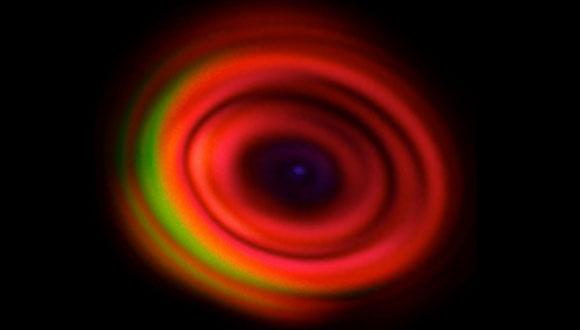LMI Seminar: Photon correlations as a resource in microscopy and spectroscopy
Prof. Dan Oron, Dept. of Molecular Chemistry and Materials Science, Weizmann Institute of Science
Abstract:
Far-field optical microscopy beyond the Abbe diffraction limit, making use of nonlinear excitation (e.g. STED), or temporal fluctuations in fluorescence (PALM, STORM, SOFI) is already a reality. In contrast, overcoming the diffraction limit using non-classical properties of light is very difficult to achieve due to the difficulty in generating quantum states of light and their inherent fragility. Here, we experimentally demonstrate practical superresolution microscopy based on quantum properties of light naturally emitted by fluorophores used as markers in fluorescence microscopy. Our approach is based on photon antibunching, the tendency of fluorophores to emit photons one by one rather than in bursts.
Since the non-classical intensity correlations carry higher spatial frequency information, they can be utilized to enhance image resolution. We demonstrate how antibunching can improve the resolution capabilities of image-scanning confocal microscopy in all three dimensions1. Finally, we show that these methods are compatible with currently developed SPAD arrays, serving as small single-photon imaging detectors, and thus require little infrastructure investment2.
The use of similar experimental and theoretical tools also enables to significantly outperform currently available spectroscopy methods of single quantum emitters, using spectral-temporal (rather than spatial-temporal) correlations3. These opportunities will be briefly discussed.
References
[1] R. Tenne et al., “Super-resolution enhancement by quantum image scanning microscopy”, Nature Photonics 13, 116 (2019).
[2] G. Lubin et al., “Quantum correlation measurement with single photon avalanche diode arrays”, Optics Express 27, 32863 (2019).
[3] G. Lubin et al., “Heralded spectroscopy reveals exciton-exciton correlations in single colloidal quantum dots”, Nano Lett. 21, 6756 (2021).


